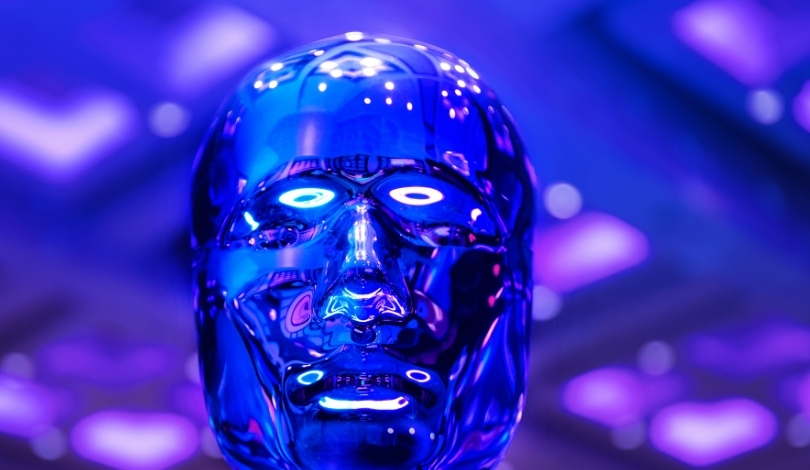A shift in legislative priorities is setting the stage for a significant debate over internet freedom as the NO FAKES Act continues its journey through Congress. Originally pitched as a tool to shield public figures from artificial intelligence-driven impersonations, the bill has widened in scope in ways that could reshape how internet platforms operate and handle digital content. While AI-generated deepfakes raise legitimate concerns, digital rights advocates warn the Act’s broadened measures now sweep up far more than their intended targets. For creative professionals, tech startups, and regular users, the implications could extend well beyond curbing fake videos, prompting industry and civil society to scrutinize the bill’s possible effects on online discourse and anonymity.
Debate around the NO FAKES Act has evolved rapidly, diverging from initial reports that focused mainly on preventing the unauthorized use of celebrity likenesses. Over recent months, concerns have surfaced regarding a move away from narrowly defined content protections to mechanisms that could impact a wide range of digital activity. By contrast, earlier discussions tended to frame the Act as a specialized response to abuses in media and entertainment. The current debate reflects a growing awareness that broad regulatory measures intended to combat emerging technologies sometimes result in unintended consequences, particularly for competition and individual rights.
How does the revised Act extend beyond its original intent?
The NO FAKES Act, originally targeted at unauthorized AI-generated replicas of individuals, now contains provisions that would create a comprehensive system for monitoring and removing potentially infringing material from online platforms. This expansion goes beyond protecting public figures, introducing rules that could require social media and other internet services to use automated filtering technologies on a large scale. As a result, not only would specific videos or images be targeted, but so would the very software or platforms capable of producing them.
What are the implications for AI developers and small startups?
Industry observers note that the bill’s language may unintentionally subject a wide array of generative AI tools and startups to legal uncertainty, especially if their products could theoretically be used to replicate copyrighted or protected images. The criteria for determining a tool’s primary purpose are often ambiguous, and companies lacking extensive resources could be forced into litigation or compelled to exit the market. This situation could reinforce the dominance of major technology firms, who can afford to comply with regulatory requirements and absorb legal risks, thereby reducing competition.
Will the Act impact anonymous online expression and criticism?
A controversial section of the proposed law allows individuals to seek users’ personal details through subpoenas issued without prior court approval based on allegations of unauthorized replicas. Civil liberties advocates warn this could facilitate the exposure and targeting of anonymous users, including critics or whistleblowers whose activities fall within legitimate expression. This raises larger questions about the balance between addressing new harms and preserving established rights around online anonymity and freedom of speech. The legislative push comes even as Congress has enacted the Take It Down Act, which addresses some content concerns but has drawn separate privacy criticisms.
“These systems often flag things that are similar but not the same, like two different people playing the same piece of public domain music.”
Careful examination of the NO FAKES Act suggests that regulatory measures intended to solve specific digital harms can generate broad operational burdens for smaller platforms, increasing incentives for over-censorship to minimize legal exposure. While exemptions for satire, commentary, and parody are included in the law’s language, the technological challenge of distinguishing lawful from infringing content remains unresolved and could result in error-prone, overbroad enforcement. The muted response from established industry players implies that new regulatory costs may serve to reinforce their market advantages rather than foster greater internet accountability or security.
Individuals and organizations interested in technology policy should pay attention to how regulatory frameworks evolve in response to emerging digital threats. While regulation of AI-generated content remains a pressing issue, legal approaches must weigh the administrative capacities of both large and small platforms, safeguard the principles of due process and anonymity online, and avoid counterproductive impacts on innovation. Scrutiny over bills like the NO FAKES Act may prompt more sophisticated debate about legal, technical, and economic tools that protect both rights holders and the public interest without constraining speech or entrepreneurship. Assessing both the scope and implementation of legislation will be essential in determining its practical effects and setting a precedent for future technology governance.










